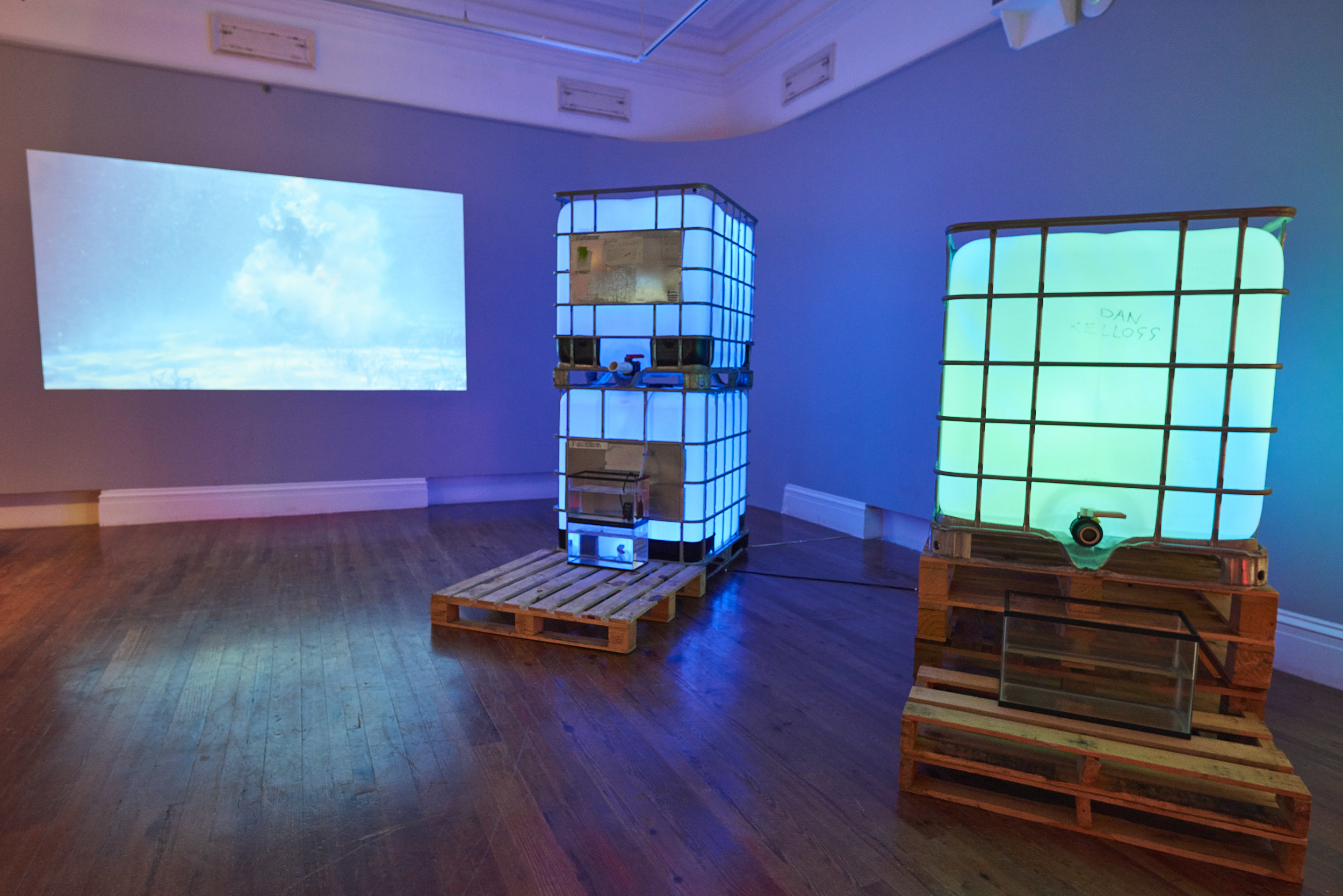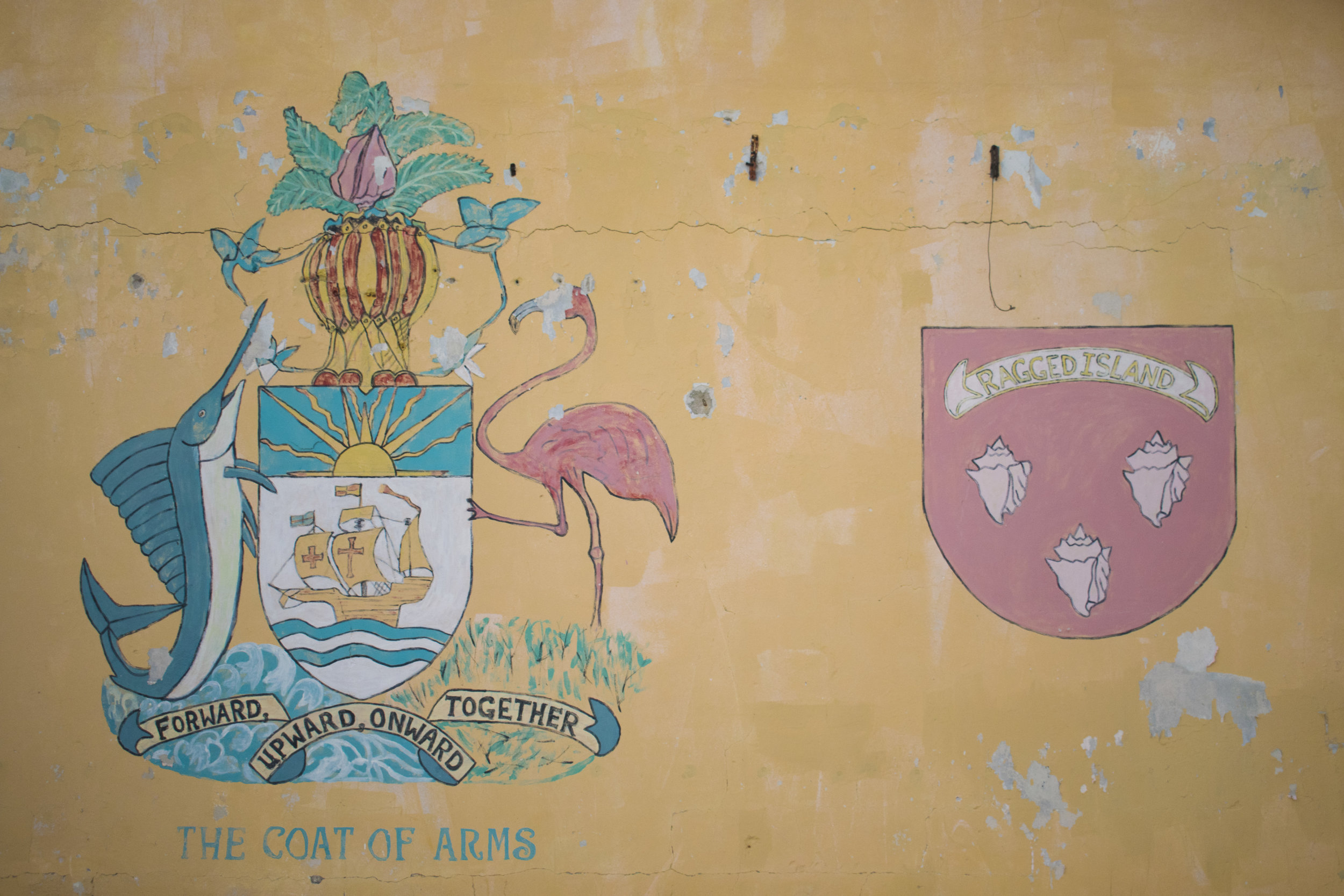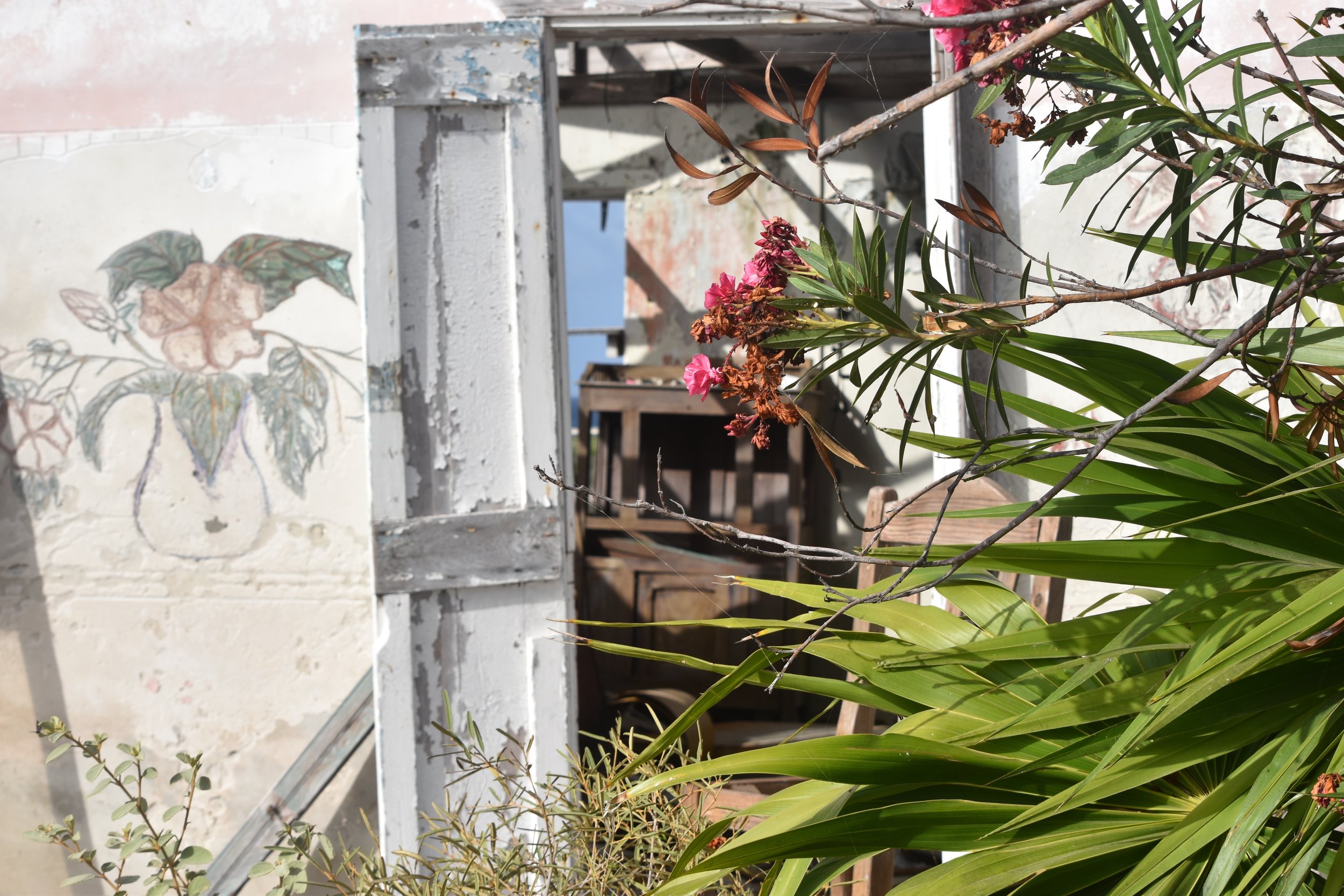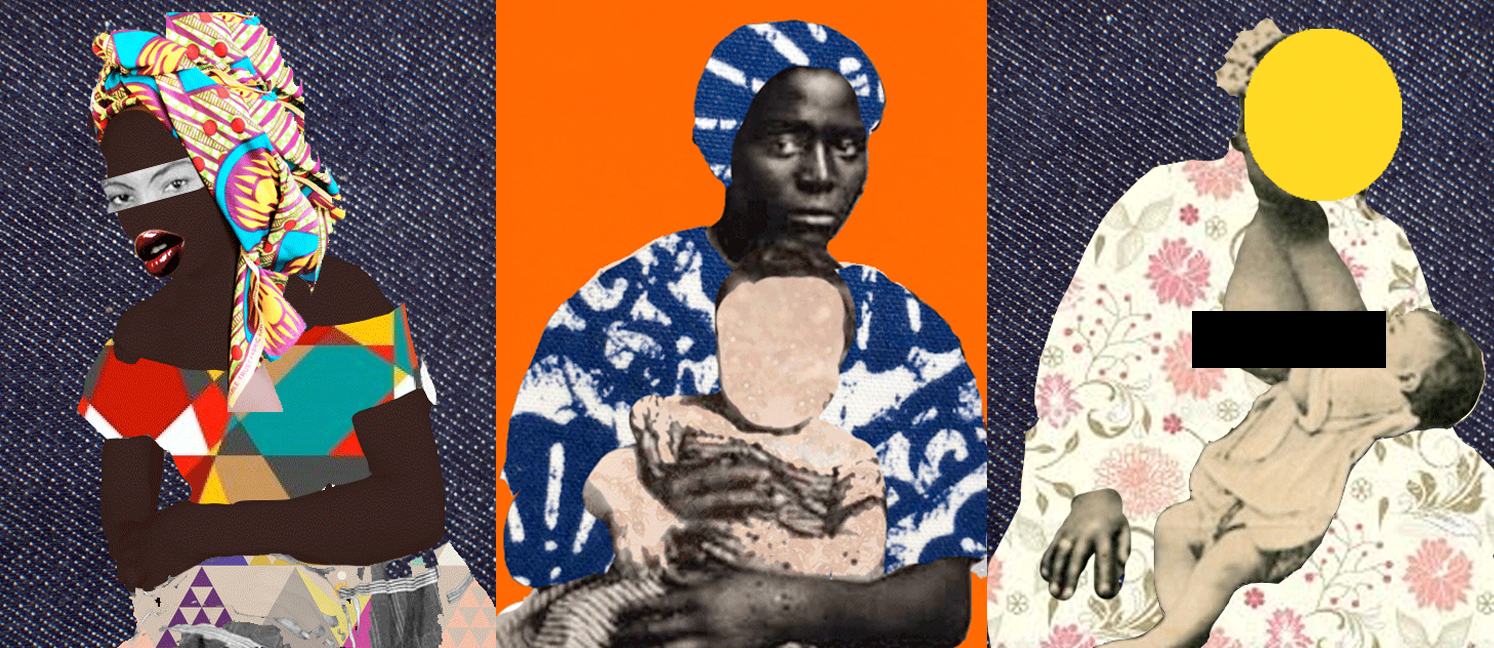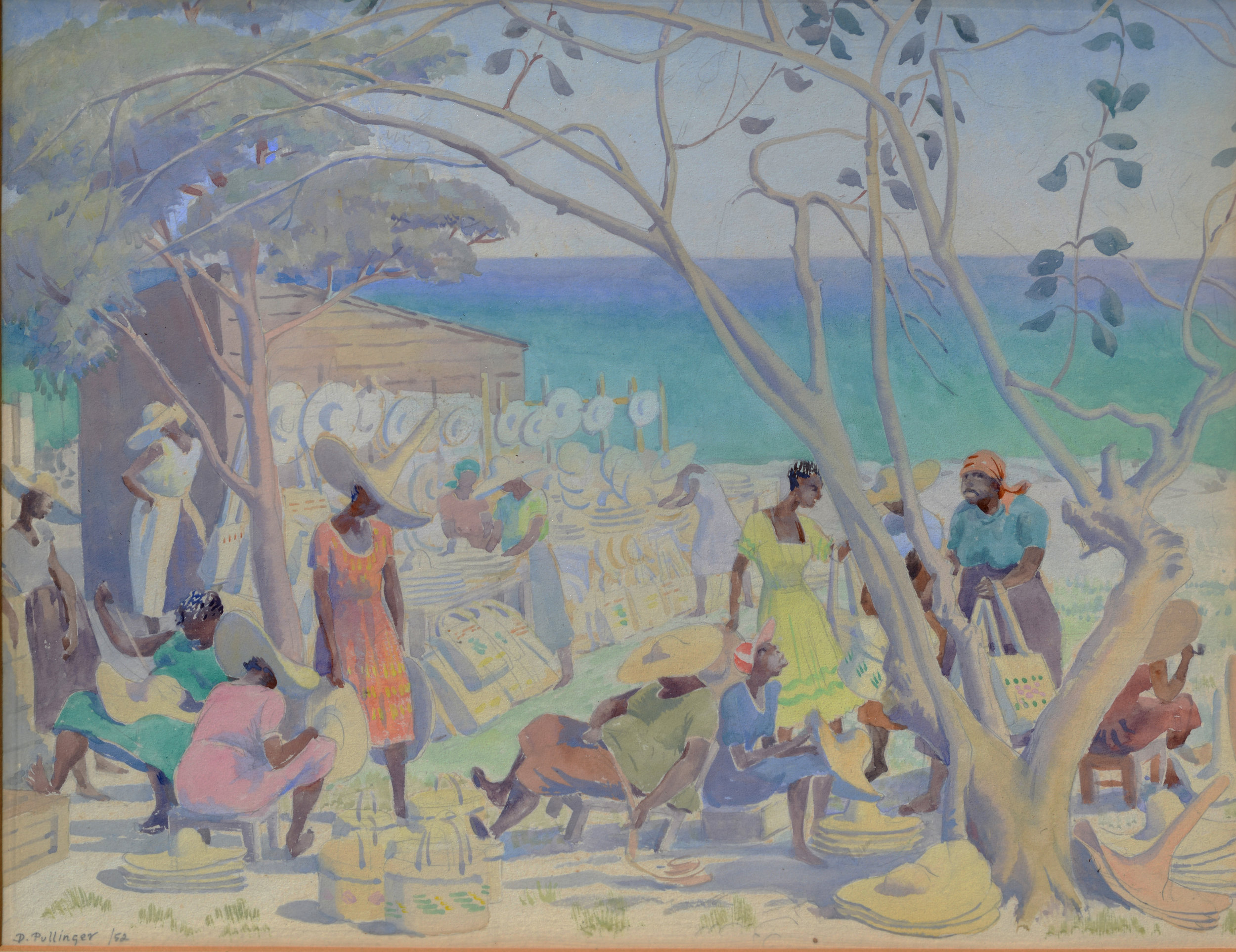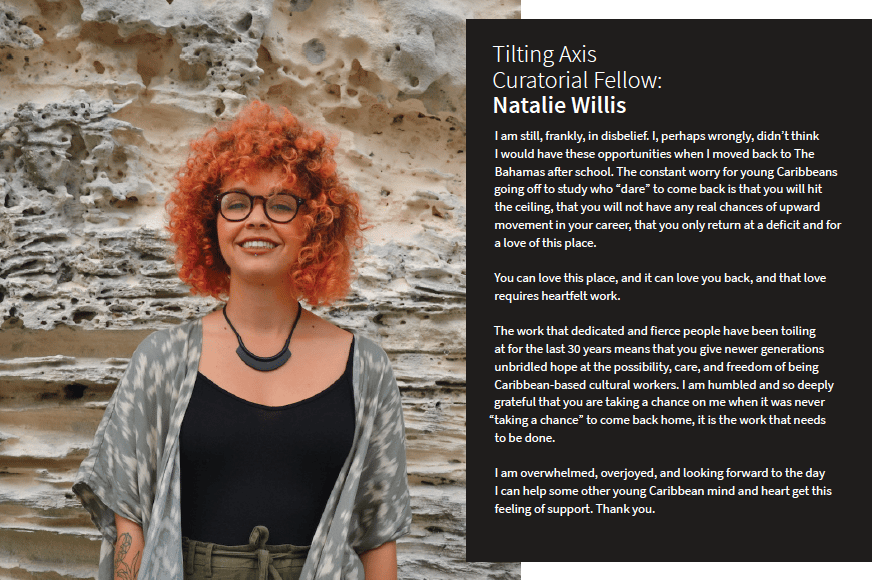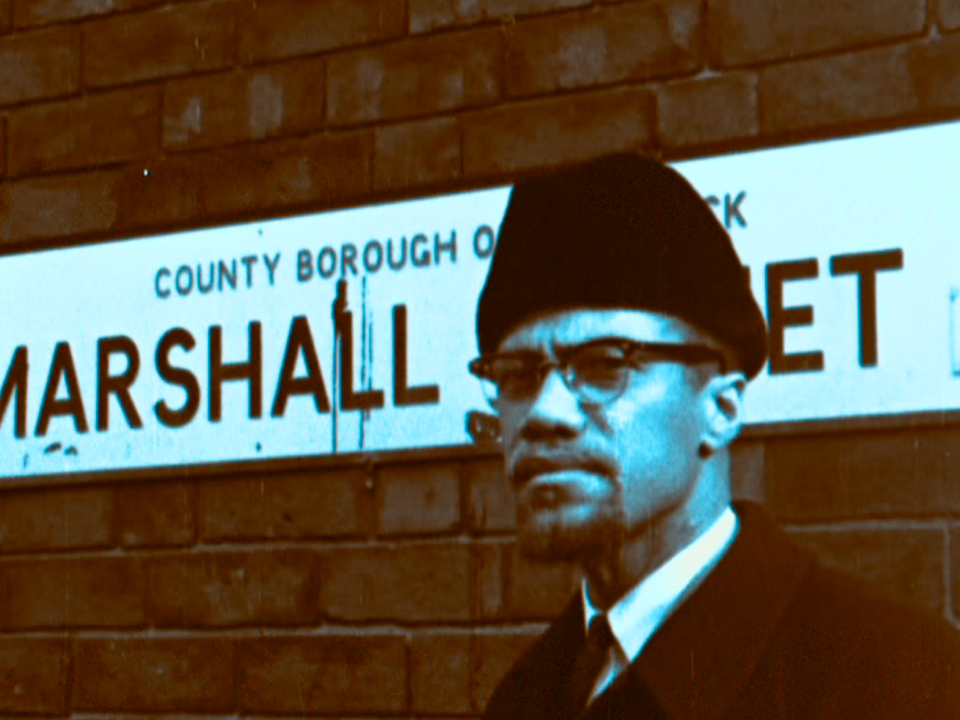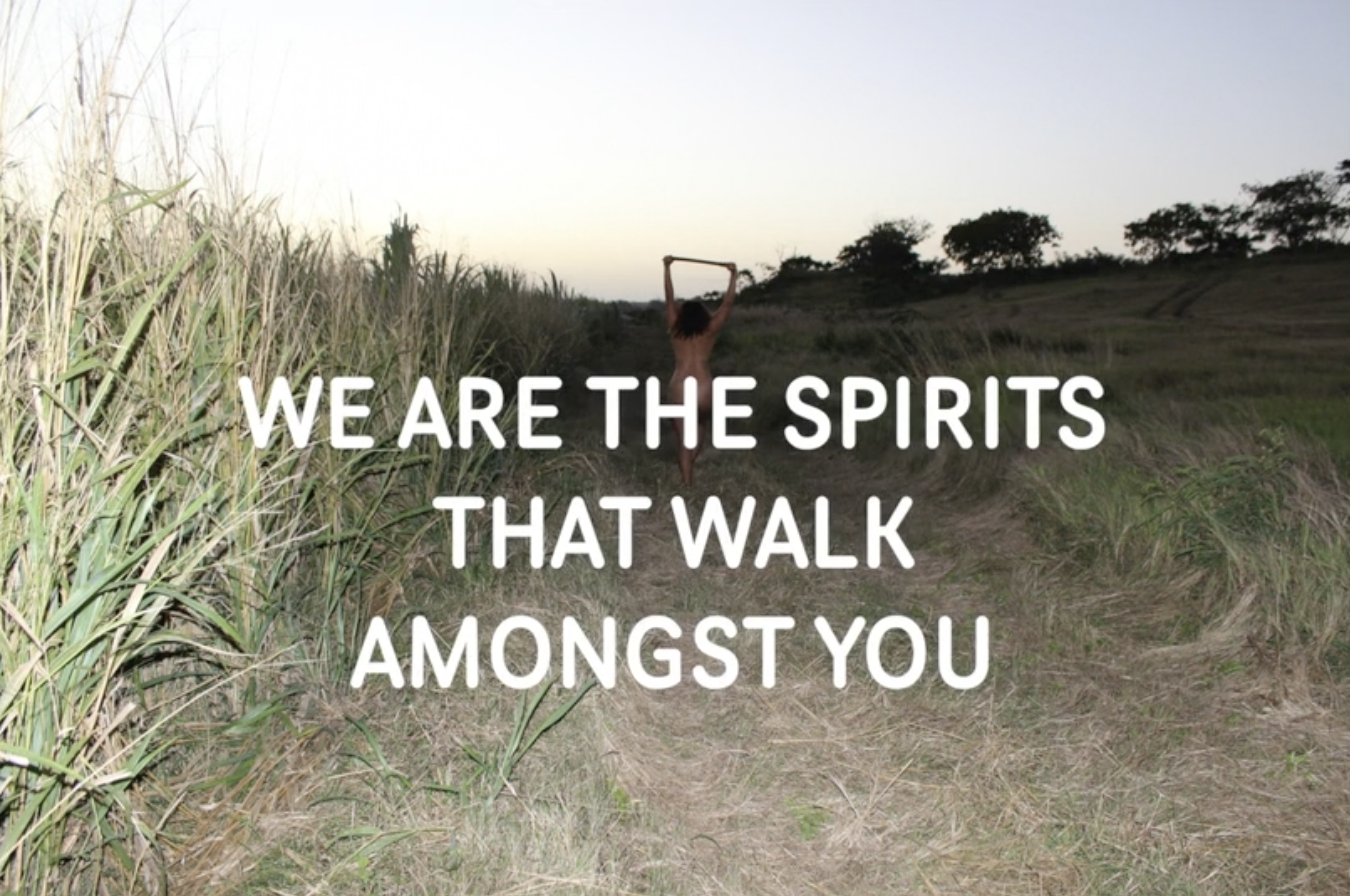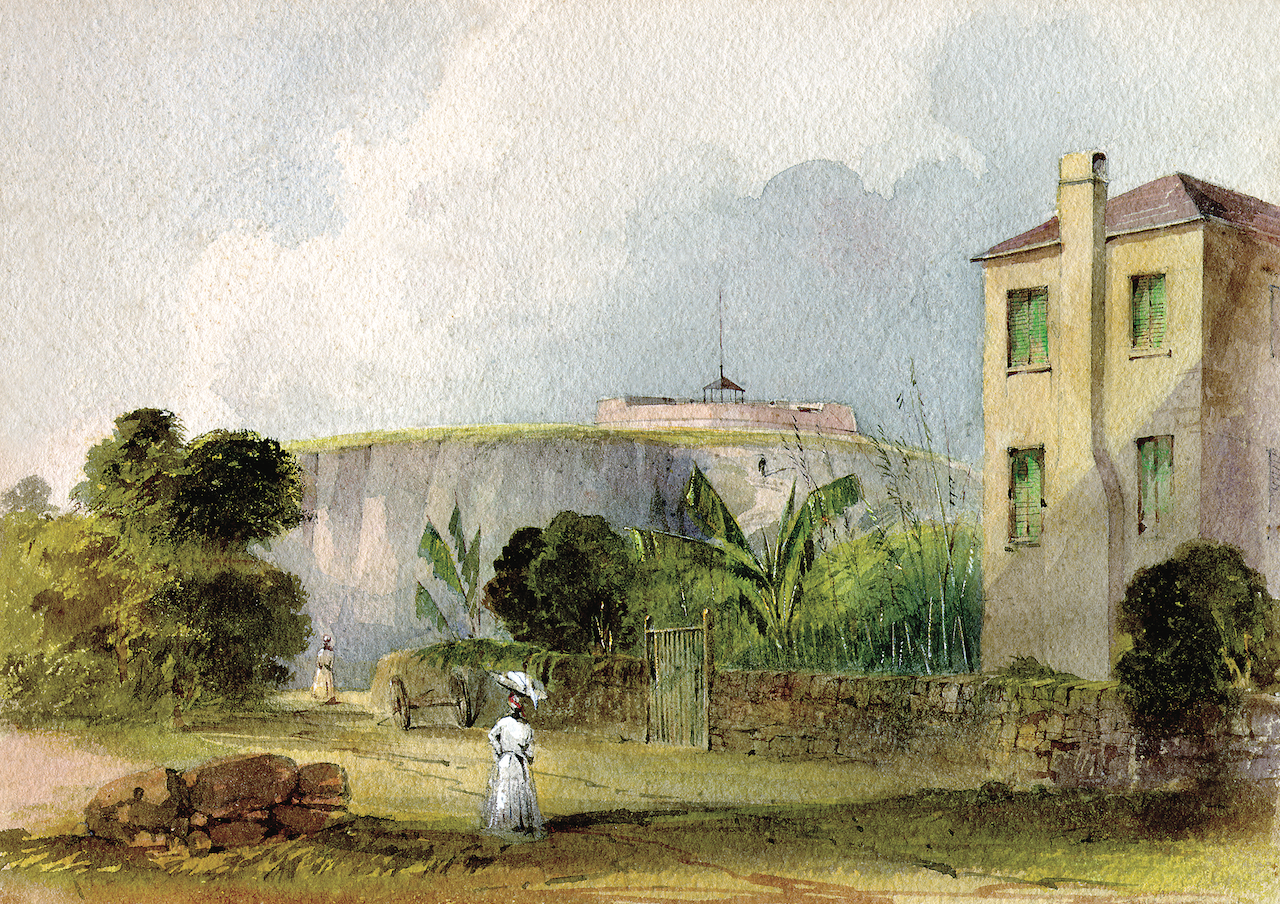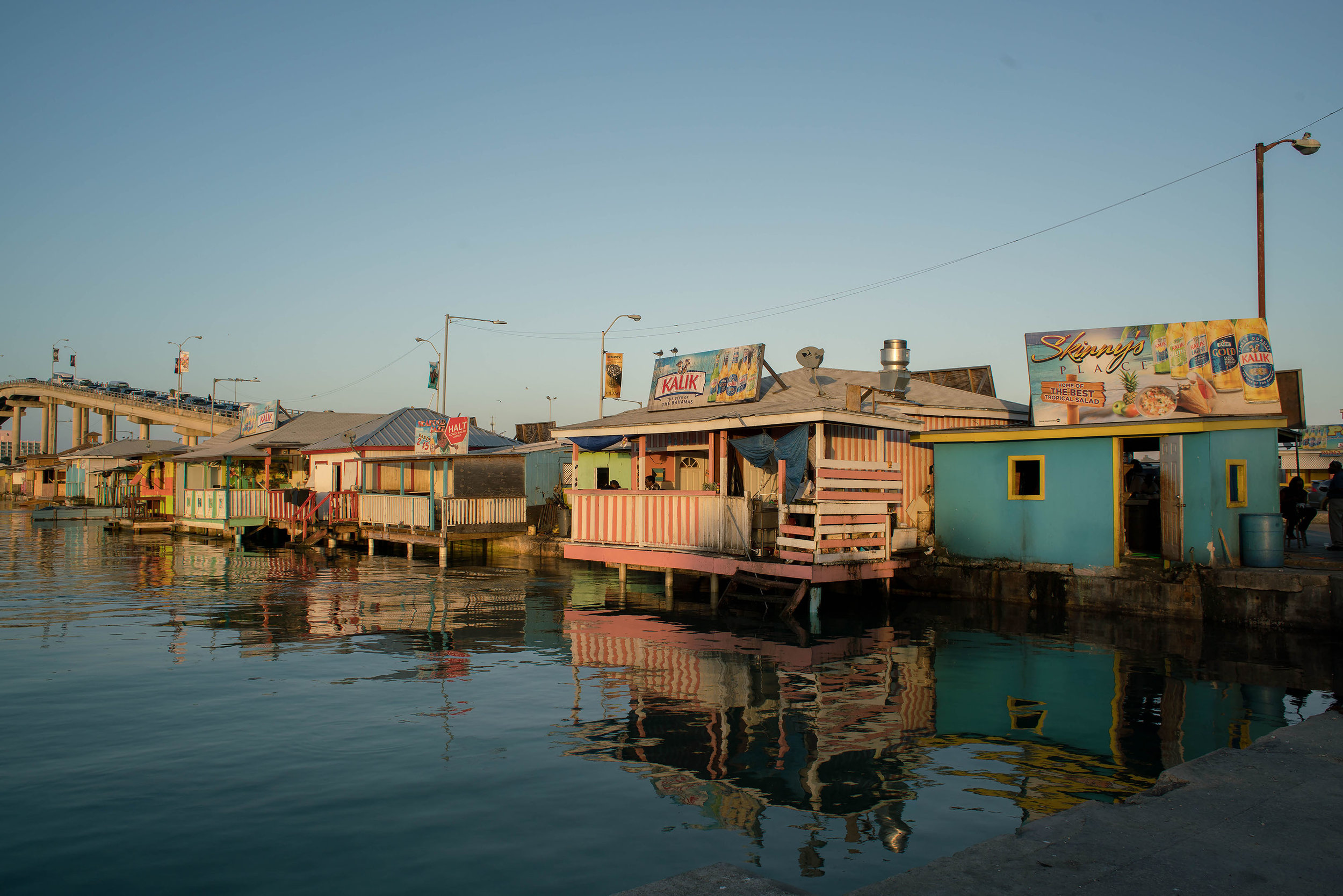By Dr Ian Bethell-Bennett, The University of The Bahamas. Culture is the art of living in a place that speaks of experiences, adaptation and resilience. Culture is the unique expression of spatial and temporal identity or vice versa where a people perform life based on their history and geography. As people are increasingly marginalised through the expansion of capitalist desire into the tropics, the art of living there shifts from a national or an indigenous-peoples-based art to art of magazines and design. How do these things meet so that peoples and their cultures can thrive alongside gated out-sourced post-nationalist communities?
All posts tagged: Ian Bethell-Bennett
The art of living in the tropics. Part II: Hand come, hand go
By Dr Ian Bethell-Bennett, The University of The Bahamas. Exuma blue recedes into Ragged Island sargasso and green. Sole inhabitant of Buena Vista Cay, Edward Lockhart, a reminder of Hemingway’s Old Man and The Sea (1952) has pulled up alongside and tied his boat to the MV Captain C and now stands with the others on the deck. Sun pounds down as the heat of living in the tropics feels much hotter than it has in forever. Art is always somewhat less strange than life, as stories come and go and fight to retain their place in a global village quickly being overtaken by overwriting of colour-blindness and leadership that throws women and minorities and their voices under the bus. Ironically, there is this romantic notion about “going back to the island”, it will all be better there, by and by. The irony is that hidden in this discourse of nostalgia for the island, is an erasure of the same island we long for.
The art of living in the tropics: An art of survival?
By Dr Ian Bethell-Bennett. The University of The Bahamas. The savagery of hurricanes is clear as people struggle to recover and survive. This is the first of a three-part series that journeys through and to the Southern Bahamas, to Ragged Island. It is an exploration of connectivity, innovation and cultural erasure meeting with opportunity, though not for all. As a part of the content for The Bahamas pavilion at the Expo 2020 “Connecting Minds Creating the Future”, to be held in Dubai United Arab Emirates beginning on 20th October 2020, a group of researchers sought to collect data and stories of life in the tropics. The focus will be revealed as the stories unfold. With the theme of sustainability, the question becomes: can any of us be truly sustainable in a cultural reality that threatens erasure through natural and man-made situations?
Art Centering Woman: HARD MOUT GYAL, GOT A TONGUE LIKE THE OCEAN
The Problems of Paradise: Thoughts on Traversing the Picturesque
Tilting Axis Curatorial Fellowship 2018: Bahamian, Natalie Willis, awarded!
The Moving Image: The First Turn of the Revolution
The National Art Gallery of The Bahamas and LUX Scotland partnered with the British Council to produce a series of short and experimental films that coincides with the exhibition “We Suffer to Remain”. The series highlights a history of moving image expression of hard to have conversations about race, indigeneity and belonging.
Sorry for What: I am not the sugar in your cup of tea
Dr Ian Bethell Bennett
Sorry, Not Sorry a short experimental film by Alberta Whittle juxtaposes tourism and post-enslavement-dispossession in the British Caribbean. An intriguing mise-en-scène combined with sharp overlaying and interweaving text, image, audio and nuance that brings all sorts of feelings to the fore, from contradictions to harmonies. The harmony in the background, though clashes with the discordant foreground that allows the moving image the salience it has to document, to articulate, to illustrate the unbecoming side of colonialism and independence. Again, the irony of postcolonial independence is that there is no real sovereignty as governments are only held in power by foreign direct investors who own the economy, by owning resorts where the Bacardi-sipping-frolicking-lithe bodies stay during their fantasy time in paradise.
Eye on The Bahamas
By Dr Ian Bethell-Bennett. Beauty surrounds us. Waters flow over us. Sands, pink, grey, white, beige provide support for life. Mangroves with their gaseous smells and nursery roots, sustain coastal health as they prevent full-on impact from storm surges and hurricanes. Art provides a salient view into these natural beauties and the past, as it also imports past ideas into the present. It inspires and it heals. In the early days of tourism in the colony, people came to be healed in the balmy tropics The Bahamas offered. Some in turn captured and marketed this. Others were here and transported the feeling of the space to other shores through their visual and literary experiences. The Bahamas is known for its natural beauty: the way the sun strikes the waves and refracts into the eye of the beholder. This natural beauty is fragile, though it seem everlasting.
Potter’s Cay: Markets and the Importance of Public Spaces
By Dr Ian Bethell-Bennett, The University of The Bahamas . “Traversing the Picturesque: For Sentimental Value” provides an invaluable view into the way the islands have been visioned for decades. It is a unique and important show that serves as a historical and current window into a perspective that adds value to our discussions and to how we see ourselves. Working in tandem with “We Suffer to Remain”, both shows provide an incredibly fruitful and open discussion for the cultural materialism and intermateriality cross-materiality that allows deeper and broader understanding of where we live and how we live here. The latter show deals with the loss of tangible and intangible cultural heritage of slavery through erasure. The periphery, the colony where the history physically took place has gutted its memory through a process of deletion and writing over.
